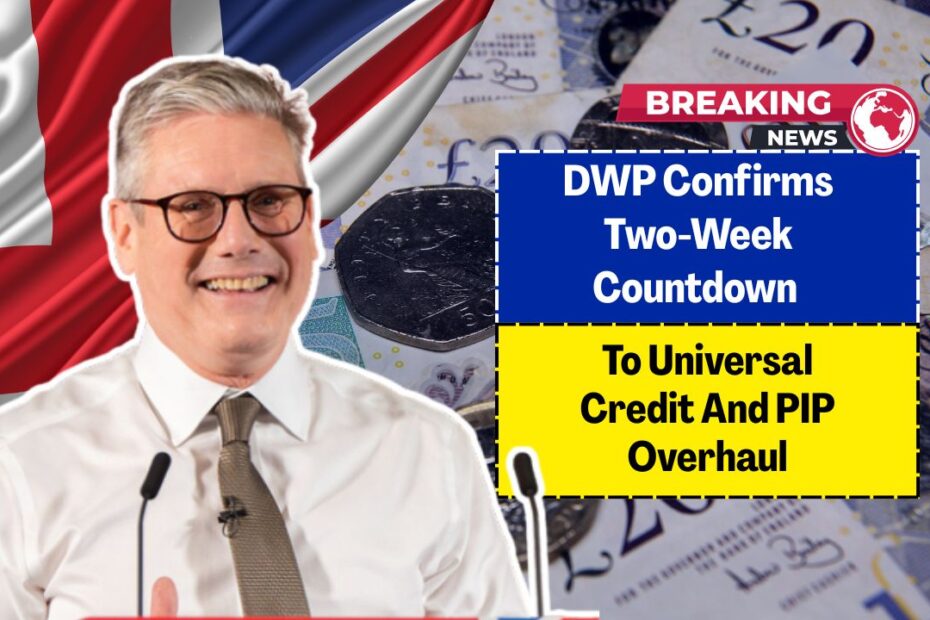In a significant welfare overhaul, the Department for Work and Pensions (DWP), backed by Labour, will roll out transformative changes to Universal Credit (UC) and Personal Independence Payment (PIP) within the next two weeks.
Driven by widespread concern and parliamentary pushback, these reforms aim to soften earlier tightening of benefit eligibility and offer immediate relief to claimants.
What’s Changing and Why
- PIP Transition Protection: The DWP is introducing a 13‑week transitional payment for claimants who lose their PIP entitlement—described as one of the most generous of its kind. This offers claimants vital breathing space during life-altering reassessments.
- Savings on Welfare: The planned reforms—including tighter PIP criteria and changes to UC health-related elements—targeted a £5 billion annual saving by 2030.
- Backlash and U‑Turn: Following fierce criticism from over 120 Labour MPs and disability charities, the government has partially reversed the reforms. Existing UC claimants will retain benefits, and the most controversial PIP changes have been paused or shelved.
What Claimants Will Experience in Two Weeks
| Reform Area | Change Effective Within 2 Weeks |
|---|---|
| PIP Transitional Payment | 13 weeks of continued support for those losing eligibility. |
| Universal Credit Protection | Existing claimants will keep current health-related premiums, avoiding anonymised cuts. |
| Benefit Save Target | Reduced annual welfare savings plans—controversial cuts have been delayed or scrapped. |
| Implementation Timeline | Changes to be enacted within two weeks, offering short-term reassurance amid long-term reform debates. |
Reforms, Reactions, and Retentions
The outcome marks a critical pivot in Labour’s welfare strategy. While the Spring Statement reported structural tightening and eligibility changes, the backlash triggered a swift policy correction.
The tight PIP eligibility score (requiring four points in a single daily living task) and UC health-element freeze were delayed or abandoned, at least temporarily.
The DWP’s commitment to the 13-week transitional protection for affected PIP claimants now stands as a key feature of Labour’s “new social contract”—balancing cost control with compassion. Disability advocates remain wary, cautioning the long-term impact may still harm claimants.
Labour’s DWP is set to implement meaningful welfare reforms within two weeks, beginning with generous transitional payments for PIP claimants and restored protections in Universal Credit.
This responsive pivot showcases the power of political pressure and stakeholder advocacy. While this short-term reprieve brings relief to many, the broader reform agenda remains contentious. Claimants should stay alert as further legislative developments unfold.
FAQs
What is the PIP transitional payment and who qualifies?
The 13-week transitional payment ensures continued PIP support for individuals losing eligibility under the revised assessment criteria, providing time to adapt.
Are existing Universal Credit claimants still protected?
Yes—Labour’s recent policy change means existing claimants will retain the health-related UC element, and major cuts have been paused.
When will these changes take effect?
The DWP confirms all updates—including transitional payments and protections—will come into force within the next two weeks.



